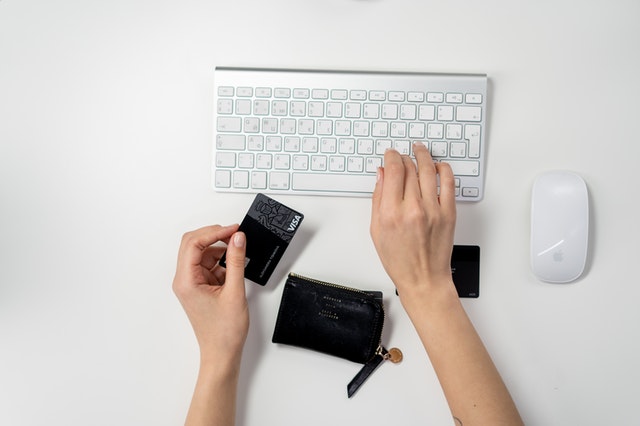Covid-19 has highlighted how necessity is the mother of invention. The retail industry is currently experiencing a quantum leap in digitalisation. The pandemic has accelerated the development of digital tools that are being used to improve the customer experience and keep consumers safe. Brick and mortar retailers are embracing digital technologies to navigate the crisis and overcome the physical gap caused by social distancing.
The retail industry is facing an enormous challenge. Due to increased competition from ecommerce, low footfall, and low consumer confidence, the need to embrace digital technology is now essential. Retailers who have already done so will have a clear advantage in overcoming this demanding time and place themselves in a prime position for the future.
Here are several ways that retailers are transforming the industry via digitalisation:
Self-Checkout
In January of this year, RMS published an article that predicted some of the big retail trends of this new decade. One of our estimations was that RFID tags would be used more prominently to merge the digital with the physical.
Fast forward a few months and it is clear that Coronavirus has accelerated the rate in which RFID tags are being used. In Germany, the sporting goods retailer Decathlon has partnered with MishiPay to launch a self-service checkout system across 81 stores. A customer goes into a store, chooses what they want to buy, and scans the barcode with a smartphone app. Once paid for, the RFID tags are disabled, and the customer is free to leave the store. It’s hygienic and hassle-free, meaning the customer can go into a store and only touch products they want to buy, without dealing with card machines, touchscreens, or putting members of staff at risk.
Chatbots
The WhatsApp-based chatbot is an application that provides customers with information on stores’ busy times, enabling them to shop at quiet times and reduce the chances of spreading the virus.
Customers text the day and time they plan to go shopping, and the chatbot uses real-time data gathered from shoppers in local stores to provide an optimum time. This lessens the potential for crowding in stores, it enables customers to avoid queues, and helps them to remain safe as they purchase their essential groceries.

Footfall Analysis
Some retailers have employed systems that count the number of shoppers entering and exiting their store by way of IoT (Internet of things) embedded cameras. When a store reaches 50% capacity, an alert prompts the manager to open more checkouts so that the flow of customers is maintained.
This technology helps to control the number of people in a store, whilst providing them with a safe and enjoyable shopping experience.
Virtual Queuing
Asda has introduced Virtual Queuing - the first system of its kind in the UK - as it expects social distancing measures to last for the rest of the year, and potentially for the foreseeable future. This enables customers to register and check-in to a virtual queue on their smartphone, and then wait in their car until an alert lets them know when it is their turn to enter the store. This allows customers to avoid having to queue outside the store for their turn to go in, which will be especially important when the weather is bad.
The system also allows shoppers to check waiting times and choose a store that is convenient.

The Shift Towards ecommerce
As more businesses adapt to online carts and consumers become accustomed to it, it is evident that the growth in preference for online shopping will not slow down.
Over the last decade, we have seen some retailers embrace ecommerce, while others have avoided it. For example, Primark, who were unable to trade during lockdown as they do not have an ecommerce presence.
The Coronavirus outbreak has highlighted how retailers no longer have a choice. It is Retail Darwinism; they either adapt or risk their own survival. The decrease in consumer footfall caused by the lockdown and the need for social distancing means that retailers will need some form of ecommerce service or risk getting left at the wayside.
The retail industry has passed a significant watershed moment and is adjusting to a new normal. The shopping behaviours of consumers, moulded by the implications of a global pandemic, can only be met by the digital shrewdness of retailers.
Pre-Booked Shopping Slots
The pandemic has created the need for retailers to allow their customers to pre-book shopping slots, so that they can control capacity and manage their occupancy levels. This is to keep their customers safe while providing the best possible shopping experience. A range of new booking platforms have emerged which allows retailers and other businesses to achieve this goal.
RMS is a leading supplier of professional merchandiser services, who prides itself on a skilled, flexible workforce and technological innovation.
